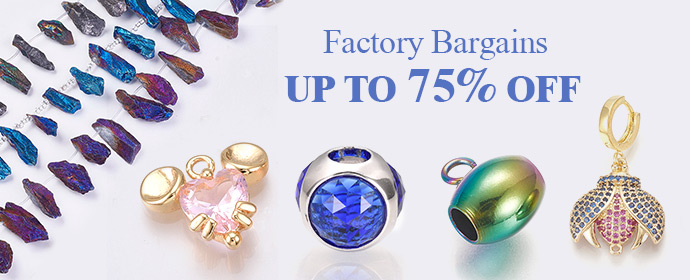Dealing with acne can be hard if you don’t know whether the ingredients in the products that you use are good for your acne or will they cause even more breakouts?
A few days ago I wrote a blog on ingredients you should avoid if you deal with acne. you may click here to read that, but then what are the ingredients that we should use? Here is a list of some ingredients that may help your acne and breakouts:
INGREDIENTS THAT HELP DEAL WITH ACNE!
Salicylic Acid

Salicylic acid is an acne-fighting chemical that may be found in skin care products. By breaking down and eliminating dead skin cells and oil, salicylic acid can help unclog clogged pores. Skin irritation or peeling are possible adverse effects of salicylic acid.
Probiotics

Probiotics address one component that contributes to acne production by lowering the counts of P. acnes on the skin’s surface. It helps restore healthy fats by encouraging the development of healthy ceramides, which can improve acne directly and counteract typical negative effects associated with acne treatments.
Sulphur

It can combat acne on all fronts by reducing oil and unclogging pores. It’s usually gentler than other topical acne treatments, so it’s a good option for people who have problems with standard acne treatments like peeling or inflammation. It’s best utilised as a spot or mask treatment rather than an all-over treatment.
Tea Tree Oil

Because of its anti-inflammatory and antibacterial characteristics, tea tree oil is a popular alternative for treating acne. It’s supposed to reduce inflammation, edoema, and redness. It may also aid in the prevention and reduction of acne scars, leaving you with clean, smooth skin.
Azelaic Acid

Azelaic acid is a naturally occurring acid present in barley, wheat, and rye grains. It contains antibacterial and anti-inflammatory effects, making it useful for treating skin diseases such as acne and rosacea. The acid can prevent future breakouts and remove germs that causes acne from your pores.
Retinol

Retinol aids in the unblocking of pores, making it an excellent acne therapy. It can also aid in the reduction of age indications and the improvement of skin texture and tone. Retinol has a lower potency than prescription retinoids. As a result, it may be used to treat mild-to-moderate acne.
The next time you buy skincare or makeup, look out for these ingredients!
Blog by: Priya Grover
Recommended1 recommendationPublished in Uncategorized


